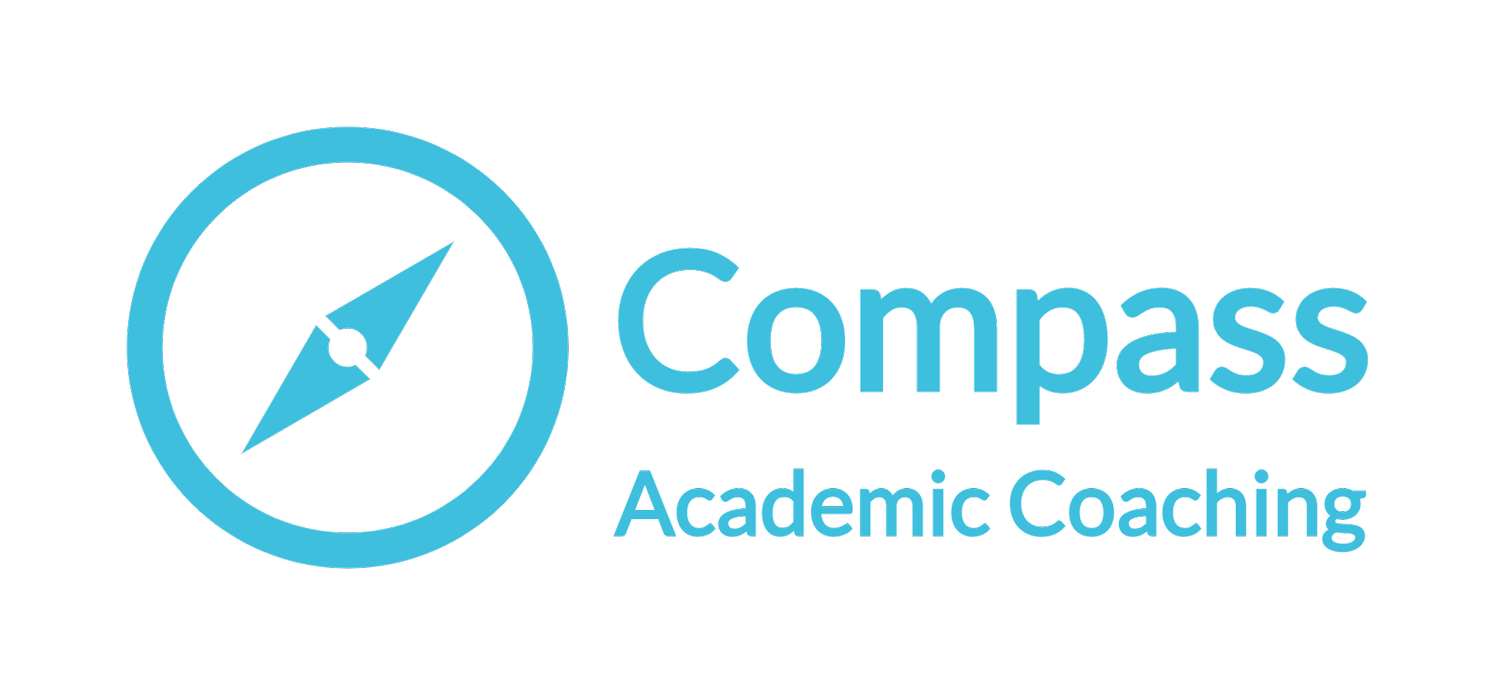Connecting with your motivation in difficult times
I’ve had a hard time focusing lately.
You, too?
While we always contend with uncertainty about the future, right now that uncertainty level is especially high.
Foundations I have taken for granted all my life—the rule of law, separation of powers, checks and balances—appear to be in jeopardy. Under such circumstances, anyone would feel disoriented, to say the least. It’s hard to know what to do: Where should I put my energy and focus? What matters most? What must I carry on with? Where do I begin?
a hiker lost in the woods
Academia is being rocked in several ways. Maybe the chaos in the United States federal government, with its ripples around the world, has highlighted the importance of your research. This moment may give you additional lift to get your work completed and published. Alternatively, your research may be under attack: defunded, threatened, or silenced. Or maybe your work feels far removed from law/politics/governance, and you’re wondering if it’s a luxury no one has time for. Why bother?
As a coach, my job is to support my clients to achieve their goals, even through very difficult circumstances.
Often, the hardest thing about achieving the goal isn’t actually making the plan or doing the work itself. Instead, the hardest thing is staying motivated to achieve the goal.
Many people come to me for help specifically because they don’t feel motivated anymore. Dissertations and books take a long time to research and write. While you’re at it, you and your life circumstances continue to evolve. What felt motivating when you started may have lost its shine, meaning, or urgency.
The good news is that motivation is a renewable resource.
Your motivation can be (re)discovered and nurtured.
As part of my ongoing professional development, I’ve been studying and practicing motivational interviewing (MI), an approach to communication based on decades of evidence about what makes conversations with a helper helpful or not. To achieve something, we need clear goals and solid plans, but practicing MI has shown me we can’t jump too quickly from clarifying a goal to making a plan. We are better served to slow down and explore the motivation to achieve the goal first, before planning. And then, even once the plan is underway, we need to revisit that motivation from time to time to keep it fresh and alive.
You can take some cues from motivational interviewing to help yourself reconnect with your motivation.
Journal prompts
If you are feeling disconnected from your “why,” here are some questions to journal about, straight from the Motivational Interviewing textbook:
Why do you want to do this?
How much does it matter to you?
What reasons are there for you to do it?
How important or necessary is it?
If you are being really honest with yourself as you journal, you will likely find yourself expressing two opposite sides of a coin: “I really want to get this manuscript out the door, but I am just sick of this topic.” That’s a completely understandable and natural response when you’re trying to do a hard thing. We are complicated humans. We experience ambivalence. Setbacks and obstacles happen. There will always be reasons not to do the thing. Don’t try to suppress any thoughts here. Just write whatever comes out.
What you can do next, to increase your motivation, is to go back through your journal with a highlighter and highlight all the places you express your desire, ability, reasons, or need to achieve the goal. Then write a bit more about each of those. See where it takes you. How do you feel after this exercise?
Hopefully, you’ve tapped into some motivation, and getting into your work will feel a little easier.
Sometimes we need to talk to someone to access our motivation.
If we could solve all our problems by journaling, I wouldn’t have a job. Especially in difficult times, leaning on our supporters is a very good thing. Don’t be afraid to ask for help.

